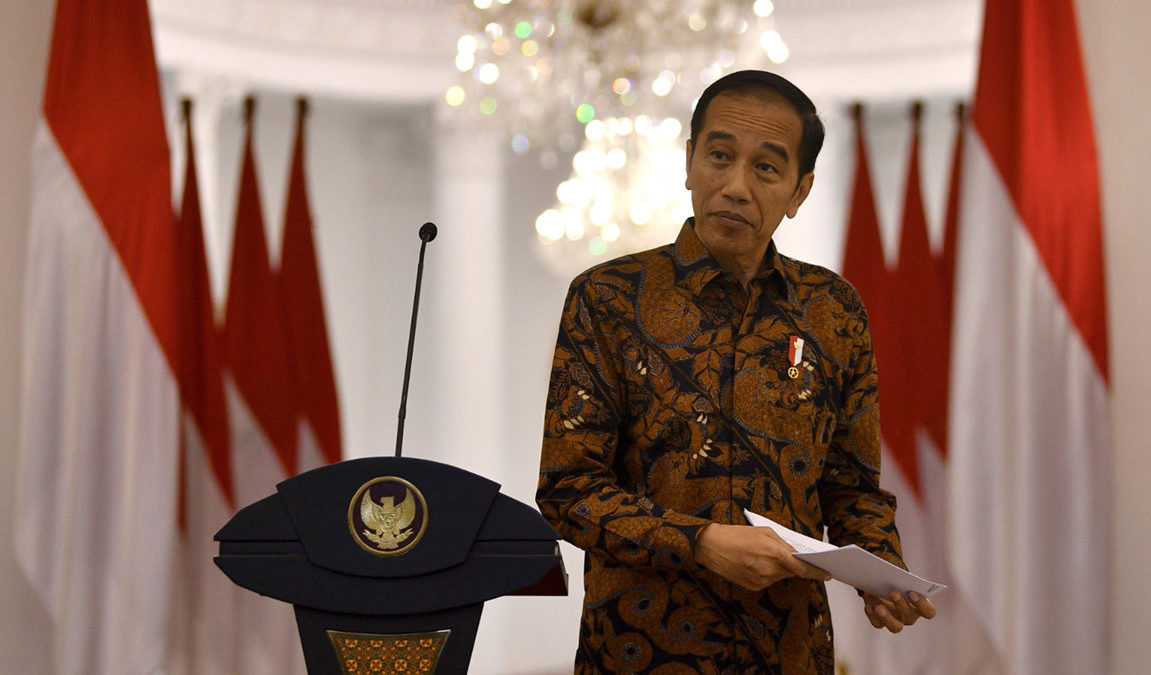The Financial Services Authority (OJK) will extend loan payment deadlines for micro, small and medium enterprises (MSMEs) for up to one year to help them cope with the economic impacts of the COVID-19 pandemic.
Speaking at the State Palace in Central Jakarta on Tuesday, President Joko “Jokowi” Widodo said the new relaxation would apply to business loans worth up to Rp 10 billion (US$619,118), both from banks and non-bank institutions.
He added that creditors were prohibited from demanding loan installments, especially through debt collection services, and also called on the police not to enforce such collections.
“Therefore, to the motorcycle taxi drivers and taxi drivers who currently have vehicle and car loans or fishermen who have boat loans, do not worry; interest payments and installments will be put on hold for a year.”
The new relaxation could help MSMEs survive the pandemic, which has dealt a hard blow to Indonesia’s economy.
MSME Association (Akumindo) chairman Ikhsan Ingratubun estimated earlier this month that MSME sales revenue had dropped 30 to 35 percent across Indonesia from February until March 9. He predicted that the sector would continue to feel the impact of COVID-19 for the next three months.
“There need to be concrete actions from the government so that the economy can recover as fast as possible.”
The government has already deployed two stimulus packages worth Rp 22.9 trillion and Rp 10.3 trillion, which include individual and corporate tax breaks and the relaxation of loan disbursements and restructuring requirements.
However, economists have called on the government and businesses to roll out additional stimuli aimed at providing social safety nets, as several communities and workers are expected to feel the pinch of the outbreak.
Among other experts, a group of researchers at the SMERU Research Institute said the government would need to provide incentives for micro and small businesses, in addition to having integrated data to effectively target the underprivileged.
They added that the government must ensure the availability of goods on the supply side, including raw materials, to protect micro and small businesses from the impacts of the disease.
“Financing access must be expanded and the burden of paying loans must be reduced for micro and small businesses by extending their payment deadlines until the situation improves,” the researchers said in a statement made available to The Jakarta Post.
“The government must also expand fiscal incentives for micro and small businesses that operate in sectors such as transportation, services and trade.”

